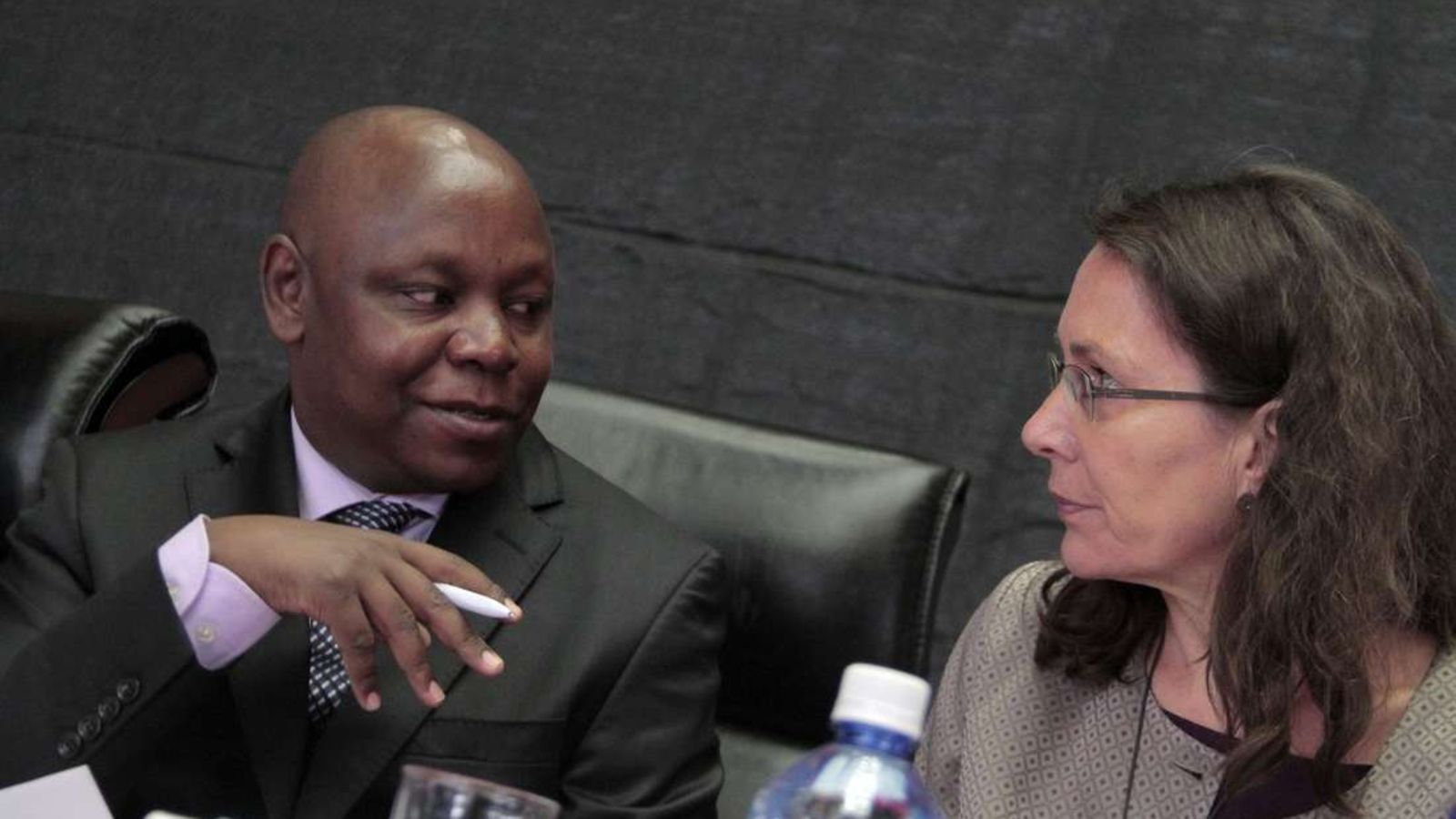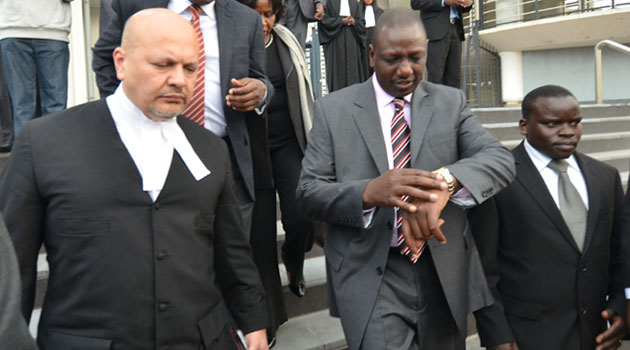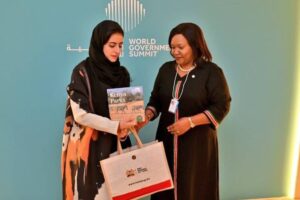
The International Criminal Court’s Chief Prosecutor, Fatou Bensouda, has disclosed a batch of 161 confidential items of evidence she holds against Kenyan lawyer Paul Gicheru in his witness tampering case.
The latest disclosure brings the total number of evidential materials disclosed to Mr Gicheru to 309, ahead of the March 15 deadline for the filing of written arguments in place of open-court confirmation-of-charges hearings.
The record, which contains incriminating and potentially exonerating materials, is classified as confidential as it has information which could identify witnesses if disclosed to the public.
The development comes with Mr Gicheru and Ms Bensouda embroiled in a fresh row over the latter’s bid to investigate the case further.
Ms Bensouda wants to use personal items, which were seized from Mr Gicheru, upon his surrender to the Dutch authorities at The Hague last November, to gather more information which may help her tighten her case.
She says the prosecution considers that the unnamed items, currently held by the court’s registry, may contain information pertinent to its investigation, so they should be released to the Office of the Prosecutor (OTP).
But Mr Gicheru, in his submissions, opposes the bid and says the OTP should not be allowed to access the items as it has no compelling facts or “evidence warranting an intrusion”.
Through his defence counsel Michael Karnavas, Mr Gicheru says Ms Bensouda has offered no specific details in justifying the request to order the registry to transmit his objects to the OTP.
Unless the OTP provides detailed information in support of its assertions – which may have been provided to the single judge confidentially and ex-parte (which the defence is not currently privy to) – the only reasonable conclusion is that the OTP is engaging in a fishing expedition in the hope of finding evidence to support the claimed offences against Mr Gicheru,” says Mr Karvanas.
He urged the single-judge chamber to decline the OTP’s request.
“Alternatively, should the single judge be inclined to entertain the OTP’s request, given its intrusive nature, the single judge should order the OTP to provide further particulars and grant leave, which the defence seeks, to file a supplemental submission,” said Mr Karvanas.
Ms Bensouda explained that Mr Gicheru’s personal belongings were seized pursuant to a search and seizure order issued by the previous single judge (chamber) at the prosecution’s request.
“As described in the prosecution’s arrest warrant application, attempts to interfere with prosecution witnesses in the Prosecutor v. William Samoei Ruto and Joshua arap Sang case took place [redacted]. As such, [redacted] have been identified by the prosecution as a relevant line of investigation,” Ms Bensouda told the chamber.
She said that the Pre-Trial Chamber (PTC) II specifically ordered that appropriate measures be taken for “the seizure of any relevant evidence, such as [redacted] which are, on reasonable grounds, believed to be used in, connected with, or to provide evidence of, the offences for which these warrants of arrest are issued”.
The report by the court’s registry indicates that Mr Gicheru’s five personal belongings are packed in a sealed plastic bag which was stored at the registry’s vault.
They were handed to the registry by a Dutch official.






















